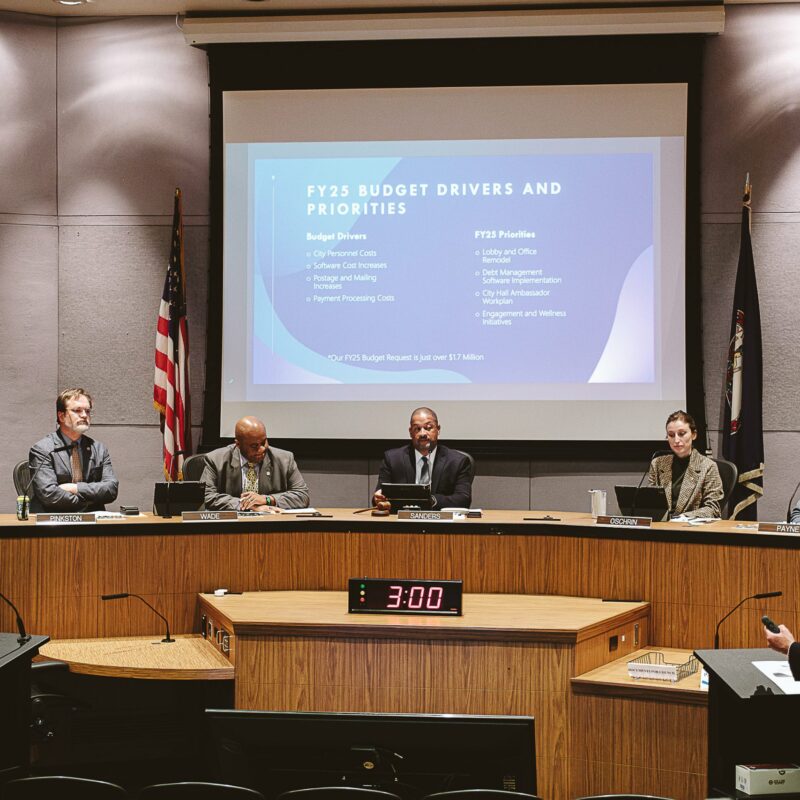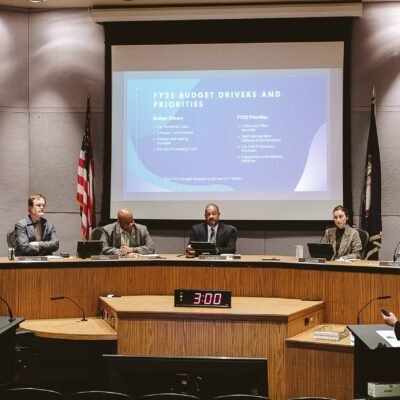If the City of Charlottesville and Albemarle County were children, then they might have spent much of the past year in timeout for bickering. City and county officials frequently argued on opposite sides of issues from a revenue sharing agreement to the long-anticipated local water supply plan, which has only recently begun to show signs of compromise.
“Some of the things that have happened during the debate on the water supply plan have not been pleasant to watch,” says state Delegate David Toscano. So last April, Toscano convened a meeting between City Council, the county Board of Supervisors and both school boards to “review what we have done and talk about what next steps we can embrace to make the community stronger.”
One proposed step involved merging local services. Following Toscano’s April meeting, committees were formed to evaluate the possible consolidation of the city and county departments of Social Services and Fire and Rescue.
However, in both instances, the challenges to successfully merge services were too great. Bryan Elliott, assistant county executive and member of the Social Services committee, tells C-VILLE that finding a facility with sufficient space for 200 employees was an immense obstacle. Of course, space isn’t everything.
“The specific charge that the city and the county were operating under…was that consolidation results in existing levels of services being offered at less cost to county and city taxpayers, or greater levels of service being offered at the same cost,” says Elliott. “What we discovered in both situations…was that that bar is pretty high.”
Differences in programming, benefit packages, information technology systems, and personnel matters also played a key role in the decision to abandon further evaluation.
“Charlottesville has a larger foster care prevention group internally than Albemarle,” says Diane Kuknyo, interim director of the city’s Department of Social Services. “We could bring that in line and we would increase services for Albemarle County. But, again, there is a cost to that.”
Toscano still sees an opportunity for city and county officials to work together on the revenue sharing agreement, in which Albemarle gives Charlottesville 10 cents for every dollar of real estate tax it collects annually. Last year, the agreement gave $18 million to Charlottesville. However, because the state’s school funding formula doesn’t count Albemarle’s contribution to Charlottesville, county schools lost $2.6 million.
Another opportunity for collaboration, says Toscano, is in local capital improvements.
“I have been disappointed that, for different reasons, neither the city nor the county have thought very much about trying to figure out a way to do some more planning in the capital improvement area together,” says Toscano. He adds that he proposed separating a portion of the revenue sharing funds for regional improvements.
“The city would ultimately appropriate the money because they are the ones getting the revenue sharing money, but the county would have a seat at the table for some of the discussion,” says Toscano. “For some reason or another, neither body seems to be very interested in that proposal.”





